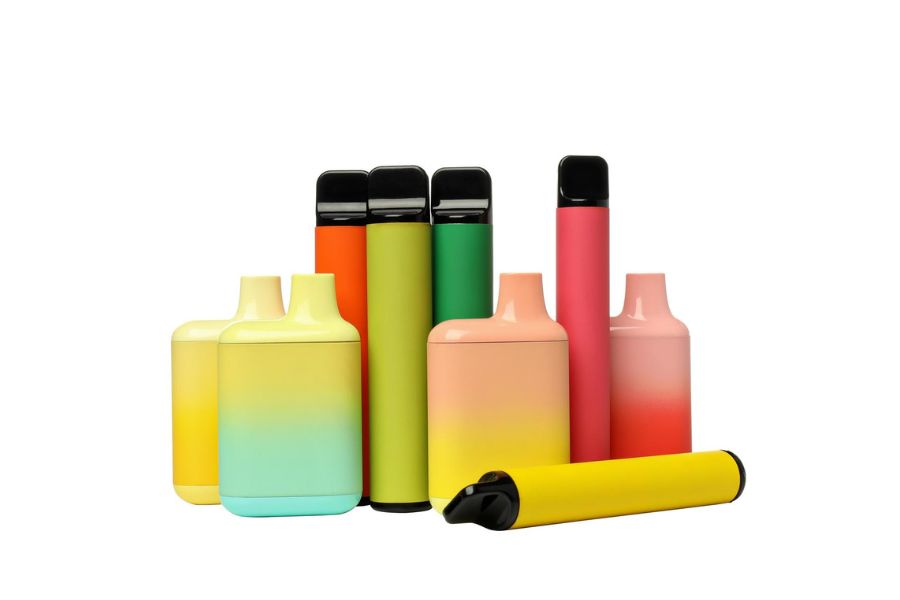Australian retail turnover has experienced a steady upward trend since 2004 and reached approximately $330 million by 2020. According to the OECD, the Australian average household disposable income per capita is higher than the OECD average. Also, Australian consumers are willing to spend more on goods and services, which is an advantage for retailers to open a retail location in Australia.
Yet, if you are in the early stages of starting your own business in Australia, you must know there are many things to consider in advance. So, the following are what you need to know before open a retail location in Australia.
Understand your market
The Australian retail industry is diverse by the size of business, retail format, and products. However, at the same time, retailers also have to face various competitive challenges since consumers nowadays have many different choices.
You must research and analyze your business market’s potential before their stores’ official launch. You have to answer many questions and find out if open a retail location in Australia is possible. For example,
- Would your product or service appeal to Australian consumers?
- Is there any major competitor in your market?
- What are your advantages and disadvantages over other competitors in Australia?
Effectively answering these questions can also help you get a clear picture of how your business should be in the future and have a suitable plan for it.
Define your business plan
Planning is everything. And every business needs a business plan to keep your business on track as well as save time and money. Whether you have already owned a business or have just taken the very first step to open a retail location in Australia, a careful business plan can be the key to your success.
Your plan should be made based on what you have researched about your business market, your financial situation, and also your business ability. There are many different plans you will have to come up with. For example, a risk management plan will help you to predict possible problems and minimize their damage to your business. A financial plan enables you to seek a capital source and effectively allocate a money budget for each stage of development.
Choose a business tool to support your stores
Nowadays, adopting modern technology tools for retail stores appears to be a key factor in every business plan, especially in the context of a competitive environment in Australia. For the retail industry, there are various helpful technologies that can help store owners build and speed up their business growth. The retail point of sale (POS) system is one of the most popular ones in Australia.
A feature-rich and powerful POS system can greatly reduce the burden of starting a new retail business in Australia. Take ConnectPOS as an example. This solution can not only help retailers to smoothen their sales process and better satisfy their customers but also automate many inventory tasks. Also, ConnectPOS can effectively support the payment process since it allows retailers to integrate directly with major secured payment providers in Australia without any transaction fees required.
Conclusion
Australia has about 140,000 retail businesses in 2023, which grows over time. Especially, more and more online retailers enter the market due to the impacts of the COVID-19 pandemic. In other words, many people see the great advantages of starting a retail business in this nation. But there are loads of things that need to be considered as well.
We hope this article can help you understand more about the Australian retail industry and what you should do to open a retail location in Australia. Perhaps you might need an outstanding POS system for your stores. don’t hesitate to give us a chance to help you. Feel free to contact us for more information.
ConnectPOS is a all-in-one point of sale solution tailored to meet your eCommerce POS needs, streamline business operations, boost sales, and enhance customer experience in diverse industries. We offer custom POS with features, pricing, and plans to suit your unique business requirements.




